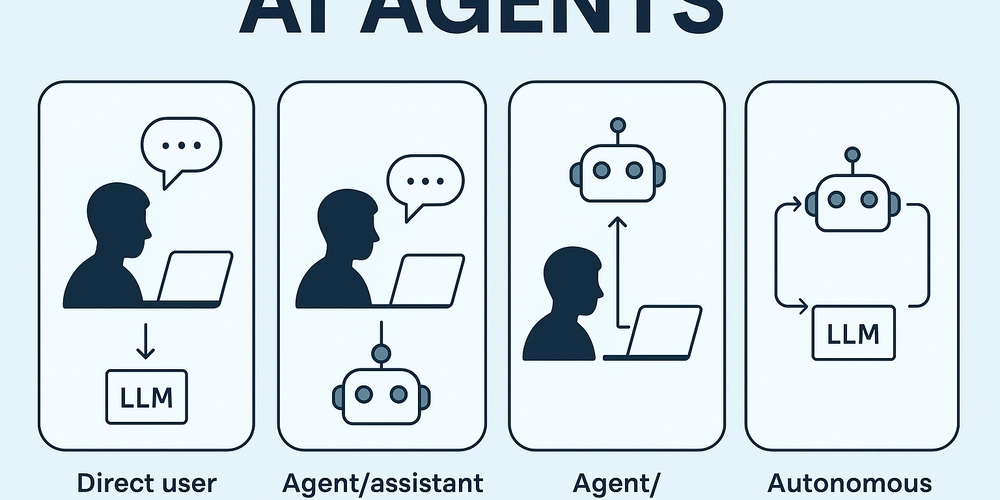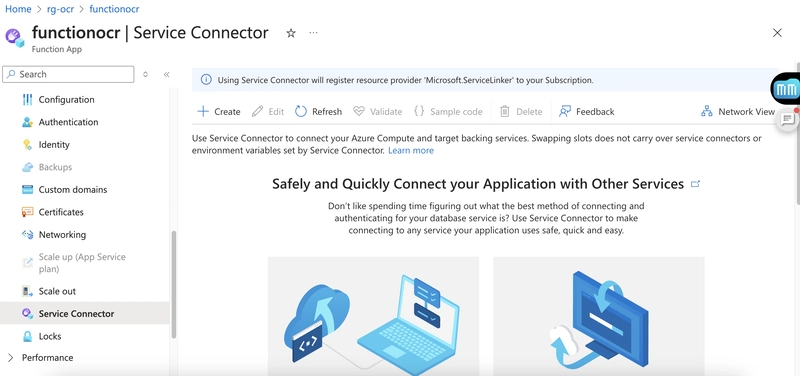How to Get Hired in Tech (Job Hunting Strategies for IT Market)
Question 1: What are the most critical elements of a standout IT resume and portfolio? Clear and Concise: A well-formatted resume with easy-to-read sections. Tailored to the Job: Customize your resume for each application, highlighting relevant skills and experience. Quantifiable Achievements: Use numbers and data to demonstrate your impact (e.g., "Increased website traffic by 15%"). Technical Skills: Clearly list your technical skills (programming languages, frameworks, tools). Project Showcase: A strong online portfolio showcasing your projects (GitHub, personal website). Keywords: Incorporate relevant keywords from the job description. Proofreading: Ensure your resume and cover letter are free of errors. Question 2: How can IT job seekers effectively use LinkedIn and other platforms to build their professional brand? Complete Profile: Maintain a complete and professional LinkedIn profile. Share Insights: Share articles, blog posts, and industry news. Engage in Discussions: Participate in relevant groups and discussions. Network with Professionals: Connect with other professionals in your field. Build a Strong Online Presence: Create a professional website or blog to showcase your skills and projects. Question 3: What skills or certifications are currently in high demand for IT professionals? Cloud Computing: AWS, Azure, GCP certifications Cybersecurity: CISSP, CompTIA Security+, CEH Data Science and AI: Machine Learning, Deep Learning, Big Data DevOps: CI/CD, Docker, Kubernetes Full-Stack Development: MERN stack, MEAN stack Agile Methodologies: Scrum, Kanban Question 4: How can job seekers prepare for technical interviews in IT? Practice coding challenges: Solve coding problems on platforms like LeetCode, HackerRank, and Codewars. Prepare for system design questions: Study system design concepts and practice designing scalable systems. Research the company and role: Understand the company's culture and the specific requirements of the role. Prepare questions to ask the interviewer: Demonstrate your interest and engagement. Practice your communication skills: Clearly explain your thought process and solutions. Question 5: What are some ways to stand out during non-technical parts of the hiring process, like HR interviews? Research the company: Demonstrate your knowledge of the company and its values. Tell your story: Share your career goals and how this role aligns with your aspirations. Ask insightful questions: Show your interest and curiosity. Highlight soft skills: Emphasize your teamwork, communication, and problem-solving skills. Be enthusiastic and confident: Show your passion for technology and your eagerness to learn. Question 6: What role does networking play in job hunting, and how can IT professionals expand their network? Networking: Building relationships with other professionals can open doors to new opportunities. Expand your network: Attend industry events, join professional organizations, and connect with people on LinkedIn. Informational interviews: Schedule informational interviews with professionals in your field. Attend meetups and hackathons: Connect with other developers and learn from experienced professionals. Question 7: What advice would you give to someone facing repeated rejections in the IT job market? Analyze your rejections: Identify areas for improvement in your resume, cover letter, and interview skills. Seek feedback: Ask for feedback from recruiters and interviewers. Don't give up: The job search can be challenging, but persistence is key. Focus on your strengths: Identify your strengths and highlight them in your applications. Continuously learn and grow: Enhance your skills and stay updated on the latest technologies. Remember, the job search is a marathon, not a sprint. Stay positive, persistent, and continue to learn and grow.

Question 1: What are the most critical elements of a standout IT resume and portfolio?
- Clear and Concise: A well-formatted resume with easy-to-read sections.
- Tailored to the Job: Customize your resume for each application, highlighting relevant skills and experience.
- Quantifiable Achievements: Use numbers and data to demonstrate your impact (e.g., "Increased website traffic by 15%").
- Technical Skills: Clearly list your technical skills (programming languages, frameworks, tools).
- Project Showcase: A strong online portfolio showcasing your projects (GitHub, personal website).
- Keywords: Incorporate relevant keywords from the job description. Proofreading: Ensure your resume and cover letter are free of errors.
Question 2: How can IT job seekers effectively use LinkedIn and other platforms to build their professional brand?
- Complete Profile: Maintain a complete and professional LinkedIn profile.
- Share Insights: Share articles, blog posts, and industry news.
- Engage in Discussions: Participate in relevant groups and discussions.
- Network with Professionals: Connect with other professionals in your field.
- Build a Strong Online Presence: Create a professional website or blog to showcase your skills and projects.
Question 3: What skills or certifications are currently in high demand for IT professionals?
- Cloud Computing: AWS, Azure, GCP certifications
- Cybersecurity: CISSP, CompTIA Security+, CEH
- Data Science and AI: Machine Learning, Deep Learning, Big Data
- DevOps: CI/CD, Docker, Kubernetes
- Full-Stack Development: MERN stack, MEAN stack
- Agile Methodologies: Scrum, Kanban
Question 4: How can job seekers prepare for technical interviews in IT?
- Practice coding challenges: Solve coding problems on platforms like LeetCode, HackerRank, and Codewars.
- Prepare for system design questions: Study system design concepts and practice designing scalable systems.
- Research the company and role: Understand the company's culture and the specific requirements of the role.
- Prepare questions to ask the interviewer: Demonstrate your interest and engagement.
- Practice your communication skills: Clearly explain your thought process and solutions.
Question 5: What are some ways to stand out during non-technical parts of the hiring process, like HR interviews?
- Research the company: Demonstrate your knowledge of the company and its values.
- Tell your story: Share your career goals and how this role aligns with your aspirations.
- Ask insightful questions: Show your interest and curiosity.
- Highlight soft skills: Emphasize your teamwork, communication, and problem-solving skills.
- Be enthusiastic and confident: Show your passion for technology and your eagerness to learn.
Question 6: What role does networking play in job hunting, and how can IT professionals expand their network?
- Networking: Building relationships with other professionals can open doors to new opportunities.
- Expand your network: Attend industry events, join professional organizations, and connect with people on LinkedIn.
- Informational interviews: Schedule informational interviews with professionals in your field.
- Attend meetups and hackathons: Connect with other developers and learn from experienced professionals.
Question 7: What advice would you give to someone facing repeated rejections in the IT job market?
- Analyze your rejections: Identify areas for improvement in your resume, cover letter, and interview skills.
- Seek feedback: Ask for feedback from recruiters and interviewers.
- Don't give up: The job search can be challenging, but persistence is key.
- Focus on your strengths: Identify your strengths and highlight them in your applications.
- Continuously learn and grow: Enhance your skills and stay updated on the latest technologies.
Remember, the job search is a marathon, not a sprint. Stay positive, persistent, and continue to learn and grow.










































































































































































![[The AI Show Episode 142]: ChatGPT’s New Image Generator, Studio Ghibli Craze and Backlash, Gemini 2.5, OpenAI Academy, 4o Updates, Vibe Marketing & xAI Acquires X](https://www.marketingaiinstitute.com/hubfs/ep%20142%20cover.png)



























































































































![[FREE EBOOKS] The Kubernetes Bible, The Ultimate Linux Shell Scripting Guide & Four More Best Selling Titles](https://www.javacodegeeks.com/wp-content/uploads/2012/12/jcg-logo.jpg)



![From drop-out to software architect with Jason Lengstorf [Podcast #167]](https://cdn.hashnode.com/res/hashnode/image/upload/v1743796461357/f3d19cd7-e6f5-4d7c-8bfc-eb974bc8da68.png?#)






































































































.png?#)




.jpg?#)
































_Christophe_Coat_Alamy.jpg?#)







































































































![Rapidus in Talks With Apple as It Accelerates Toward 2nm Chip Production [Report]](https://www.iclarified.com/images/news/96937/96937/96937-640.jpg)









































































































































